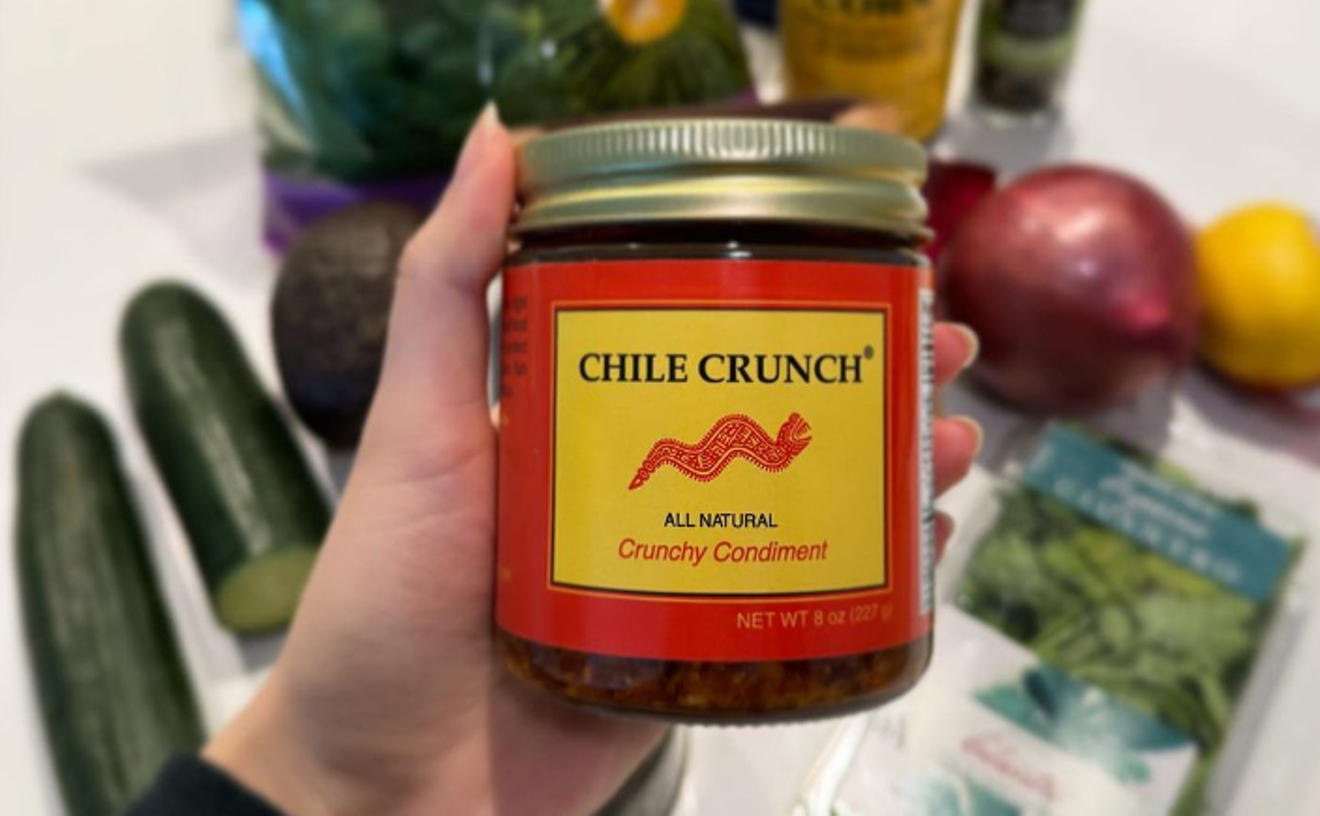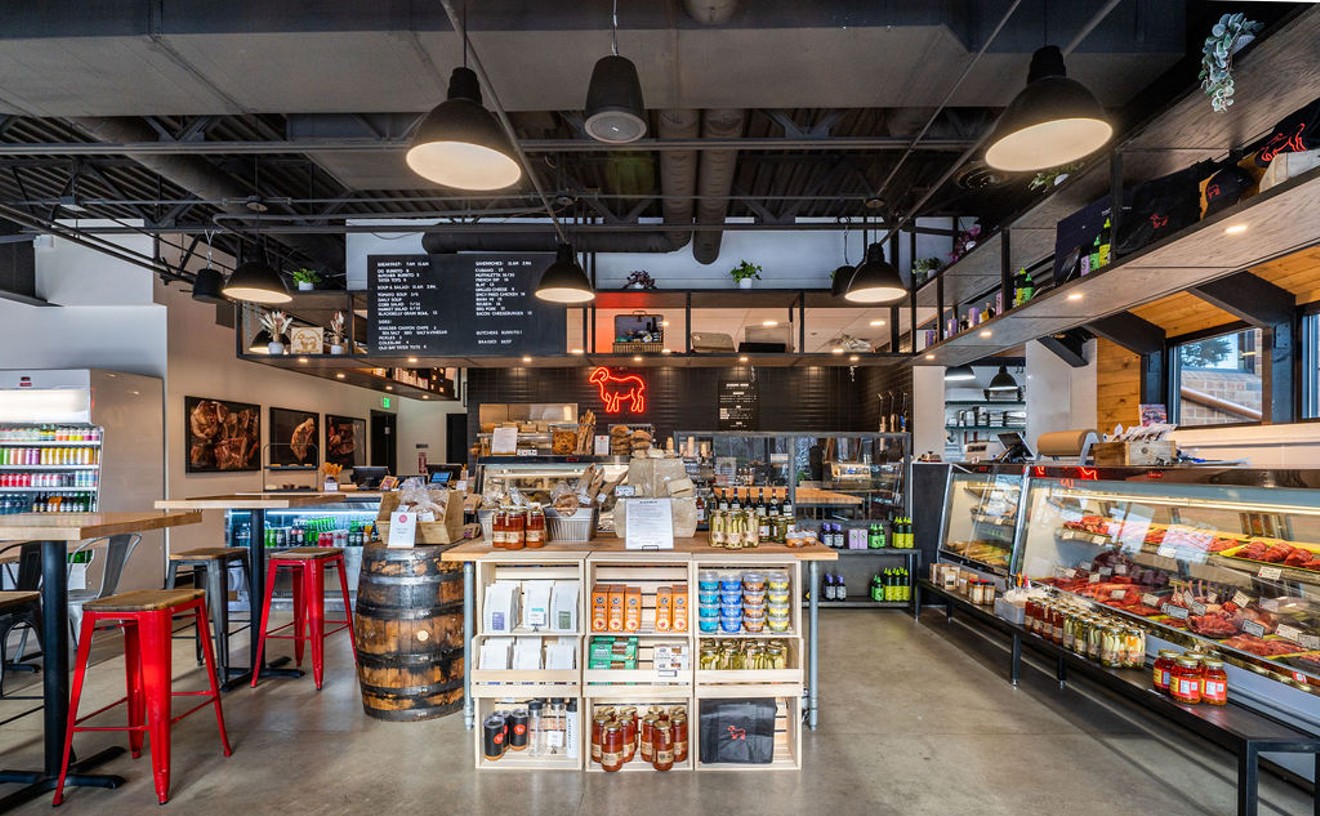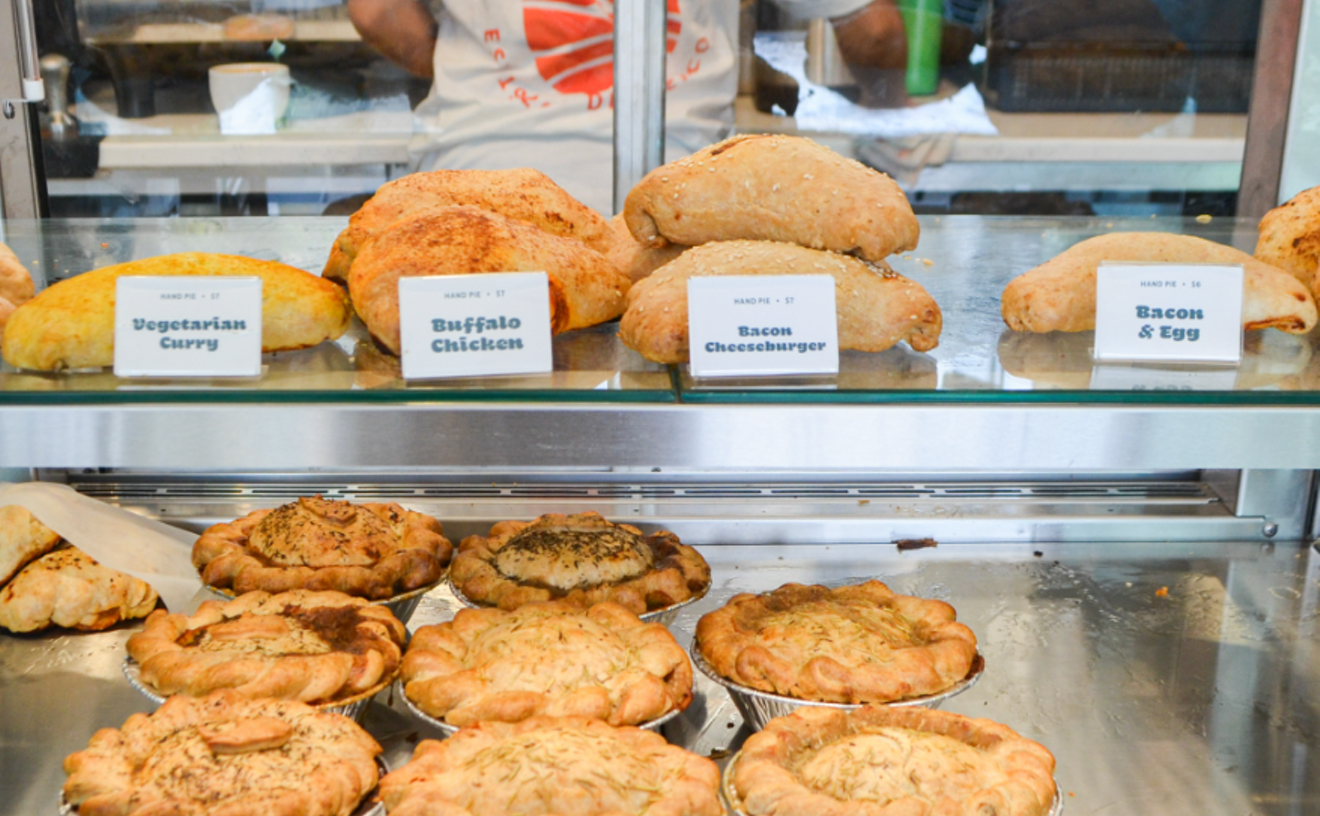Roasting food on skewers is likely the second-oldest form of cooking over fire. Right after early humans got sick of burning their fingers every time they reached for a hunk of charred mastodon resting directly on hot coals, they started poking sharpened sticks into their meat to make a handy handle. Of course, the French quickly got involved, claiming the technique for themselves with the phrase “en brochette.” But the peoples of the Anatolian peninsula and the Levant (where the modern countries of Turkey, Syria, Lebanon and Israel are now found) have been perfecting skewered and spit-roasted meats for several thousand years, so I’d rather direct my attention to the modern result of generations of experimentation: the vertical, motorized roasting spit used to turn out flame-cooked meats on the streets of Turkey, Greece, Lebanon — and even Mexico.
Incredibly, vertical spit roasting can be traced to one man and one dish: Turkish chef Iskender Efendi invented the process in the 1860s, and to this day, the form of lamb-based döner kebab that he and his family sold is still known as Iskender kebap in his home country. The technique, which allows the meat to baste itself as the outer layer is cooked and sliced off, moved west to Greece, where döner became gyros.
Since gyros can now be found in nearly every shopping mall, school cafeteria and diner in America, I decided to seek out treats rarer in Denver than the now-common Greek version of the vertical meat cone. I focused my search instead on döner, shawarma and tacos arabes — a close cousin of tacos al pastor. Here are three places to find a version of each.
Shondiz
480 16th Street Mall
303-351-4492
The popularity of döner has spread far beyond Iskender Efendi’s home town of Bursa, Turkey; Germany and the Netherlands have nearly embraced the spit-roasted specialty as their national street food, and German-style döner, generally served on a fatter, breadier take on pita, has jumped to the larger East Coast cities (and Omaha, Nebraska, where you mustn’t miss Amsterdam Falafel & Kebab). Here in Denver, the little kiosk on the 16th Street Mall called Shondiz may be the only place in town to find döner in any style. Owner Mohammad Esmaeili says his family is of Persian descent but that his sandwiches and platters are in the Turkish rather than European style.
The meat — lamb or chicken (but, really, why would you get chicken?) — turns slowly on its spit and is sliced paper-thin for each order. Sandwiches are built on squishy, flat rounds of pita with no pocket in the center, the kind found in many Greek diners. Creamy yogurt sauce and a house chile sauce add alternating cooling and warming elements over lettuce, tomato and purple cabbage. For $10, a hefty sandwich and a side of falafel make for a filling lunch. And your mind will wander for the rest of the day, returning to memories of the crisp, caramelized edges on the shaved lamb.
Marrakech
2290 South Colorado Boulevard
303-759-3611
Skewered meats certainly existed in the Middle East before Iskender Efendi’s nineteenth-century invention, but the spread of the vertical spit beyond Turkey gave rise to what we now know as modern shawarma: seasoned meat stacked onto a spit and turned slowly in front of gas or electric burners. Many Denver restaurants specializing in Lebanese, Syrian or Israeli cuisine serve a version of shawarma, including Marrakech, a Lebanese eatery on a stretch of South Colorado Boulevard that boasts many other Middle Eastern kitchens and markets. One of those, Amira Bakery (4101 East Evans Avenue), bakes its own pita for a truly life-enhancing shawarma (though a sign recently went up on the door saying that the shop would be closed until July 7).
Fortunately, Marrakech makes a tasty beef shawarma with toothsome meat coated in a zippy sauce and accompanied by tomato, lettuce and grilled onion. Marrakech doesn’t make its own pita yet, but within view of the dining room sits a brand-new oven that will soon be cranking out house-baked goods. The pita on the shawarma sandwich is a good one, though, thin and fresh and not out of a standard grocery-store pita bag. A slathering of hummus and yogurt sauce adds creamy contrast to the rich beef.
Tacos Junior
11505 East Colfax Avenue, Aurora
720-858-8472
Like the invention of the vertical roaster, the creation of tacos arabes has been traced to a specific source. All About Puebla (an online guide to the city of Puebla, Mexico) explains that two restaurants were opened in the city in 1933 by Iraqi immigrants who wanted to create a Mexican version of döner or shawarma. Mutton was originally used, along with tahini and yogurt sauce, but tacos arabes, as they came to be known, evolved to please Mexican palates, so pork became the standard meat, slathered in chipotle salsa.
In Puebla, tacos arabes are distinct from tacos al pastor, another spit-roasted meat, in a couple of ways. The meat is served on a wheat-based flatbread somewhere between a pita and a flour tortilla, and the marinade for the pork is unlike the adobada style of al pastor.
Tacos Junior on East Colfax offers its own take on tacos arabes that has mutated from the Pueblan original, most likely due to cost and convenience factors. Tacos Junior is known for its tacos al pastor, and the eatery uses the same pork and pineapple combo for its arabes, with a thin, crackly flour tortilla as a wrap and grilled onions added to the mix. The result may not be what purists would call authentic, but it’s still a juicy, sloppy and addictive variation on something otherwise common in Denver taquerias. And tacos al pastor aren’t that far from döner kebab (culinarily, not geographically). The story behind al pastor is a little murkier, but the spit-roasted meat supposedly came to Mexico with Lebanese immigrants. The phrase “al pastor,” which in essence means “shepherd style,” even refers to the original lamb used to build the cone of meat, though pork is now preferred almost exclusively.
Next time you dig into shawarmas, gyros, tacos al pastor or tacos arabes, give a little nod of thanks to Iskender Efendi, who made street food worldwide a little tastier.
[
{
"name": "Air - MediumRectangle - Inline Content - Mobile Display Size",
"component": "12017618",
"insertPoint": "2",
"requiredCountToDisplay": "2"
},{
"name": "Editor Picks",
"component": "17242653",
"insertPoint": "4",
"requiredCountToDisplay": "1"
},{
"name": "Inline Links",
"component": "18838239",
"insertPoint": "8th",
"startingPoint": 8,
"requiredCountToDisplay": "7",
"maxInsertions": 25
},{
"name": "Air - MediumRectangle - Combo - Inline Content",
"component": "17261320",
"insertPoint": "8th",
"startingPoint": 8,
"requiredCountToDisplay": "7",
"maxInsertions": 25
},{
"name": "Inline Links",
"component": "18838239",
"insertPoint": "8th",
"startingPoint": 12,
"requiredCountToDisplay": "11",
"maxInsertions": 25
},{
"name": "Air - Leaderboard Tower - Combo - Inline Content",
"component": "17261321",
"insertPoint": "8th",
"startingPoint": 12,
"requiredCountToDisplay": "11",
"maxInsertions": 25
}
]











